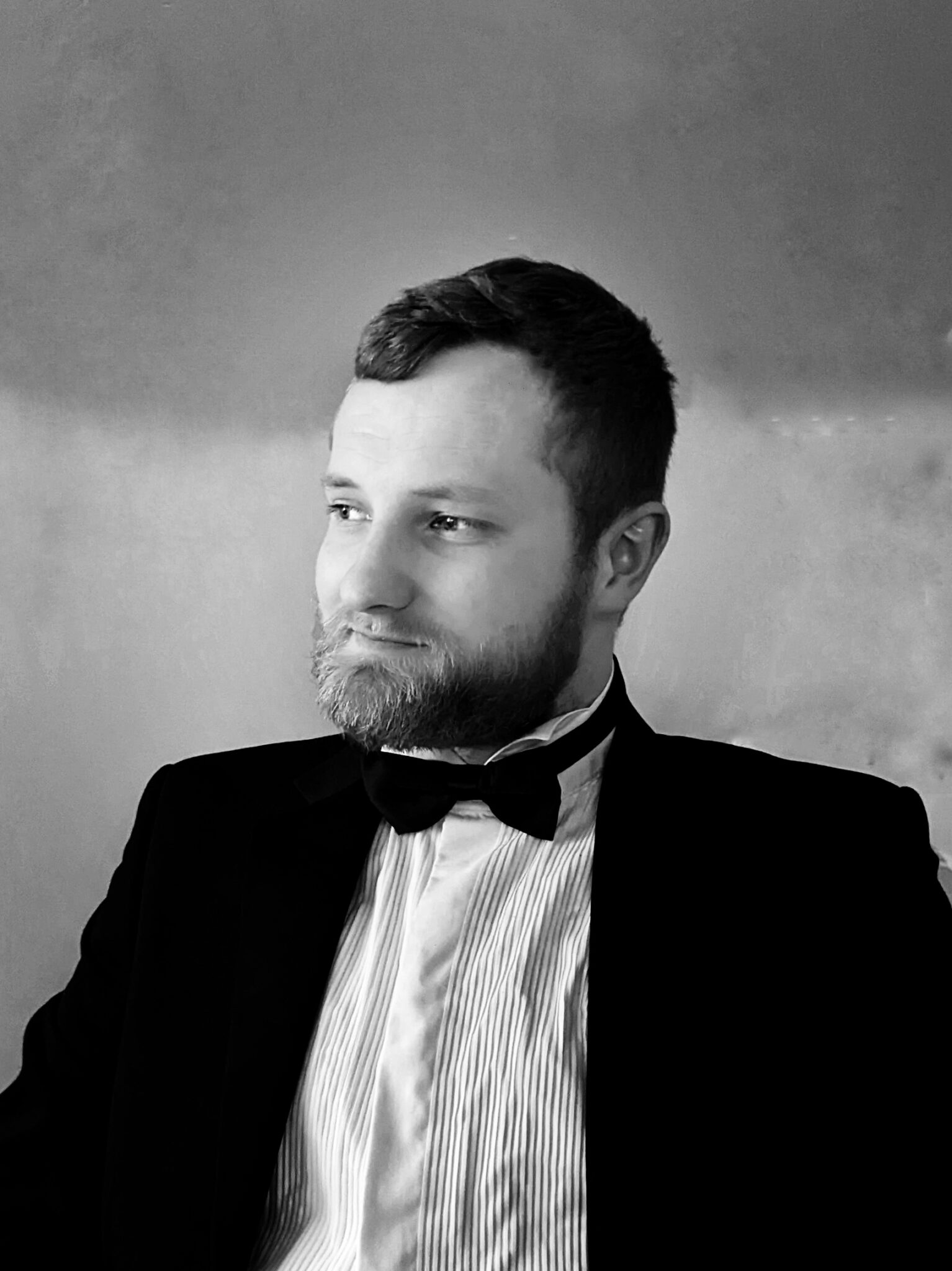-
Advent Carols Programme Notes
When does Christmas start? The shops stock Christmas in September; The Christmas adverts start in October; The radio plays songs from November; The decorations are up in December. In the Church, Christmas truly begins with the Mass on Christmas Day. The preceding weeks make up the season of Advent—a time not of celebration, but of
-
Madrigals Programme Notes
The Choral repertoire is dominated by music of the Church – as daily life across the centuries was too. From this wealth of music, we can glean insight into the relationship that the generations before us had with the divine, through joy and through strife. With faith comes piousness, a sense of purpose as part
-
Mozart Requiem – Druce Completion – Programme Notes
The narrative surrounding Mozart’s Requiem is steeped in intrigue and drama. In the twilight year of 1791, an enigmatic commission landed in Mozart’s hands. An Austrian aristocrat desired a Requiem Mass (Catholic Mass for the Dead) to be composed in memory of his departed wife, and he would compensate generously for it. The commission arrived
-
2023 Score Excerpt Competition Answers
Each Mark is written in Bold typeface: Overall Score is out of 24
-
2023 Score Excerpt Competition!
Every year, I have a competition for all my GCSE and A level music students. This competition is designed to further their score reading abilities, and also provide them with some wider listening. The booklet contains 10 excerpts of musical scores. They are all Christmas related! (N.b. the competition element is only open to my
-
Programme Notes for Byrd Concert
William Byrd – Struggle with the Establishment 400 years ago, the eminent English composer William Byrd died, leaving a legacy of over 470 compositions and a profound impact on the musical landscape of England. On his death the Chapel Royal described him, rather uniquely as a “Father of Musick”. Not much is known about Byrd’s
-
2022 Score Excerpt Competition Answers
Each Bold Answer is 1 Mark- 27 in total
-
Rossini Programme Notes
Petite Messe Solennelle seems a curious name for this large-scale choral work. Translating to mean ‘Little Solemn Mass’, this title is wrong on almost every count; it is not little (it fills an entire concert repertoire), it is certainly not solemn (it is almost dripping with boisterous frivolity), and it would seem most out of
-
2022 Score Excerpt Competition!
Every year, I have a competition for all my GCSE and A level music students. This competition is designed to further their score reading abilities, and also provide them with some wider listening. The booklet contains 10 excerpts of musical scores. They are all Christmas related! (N.b. the competition element is only open to my

